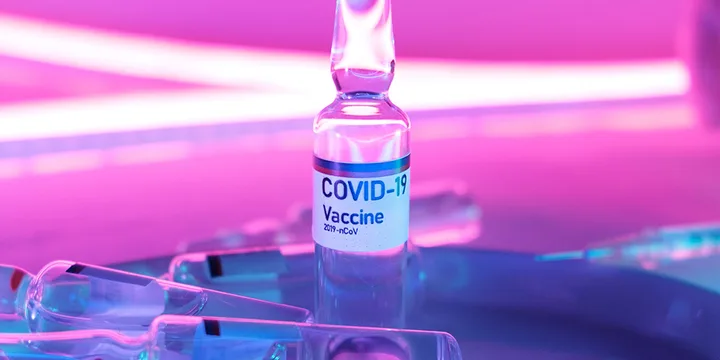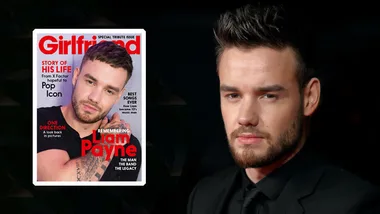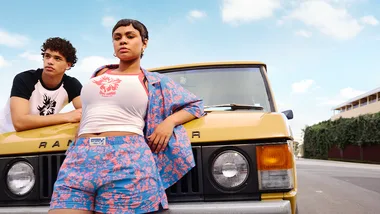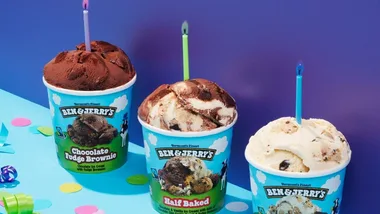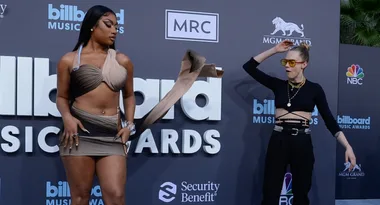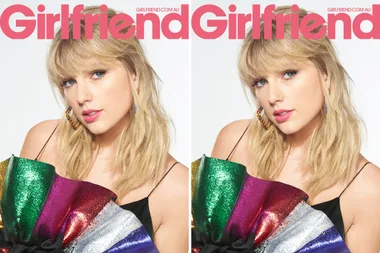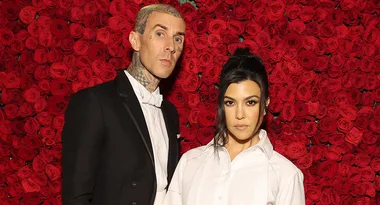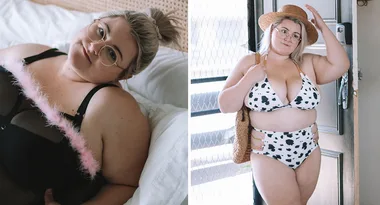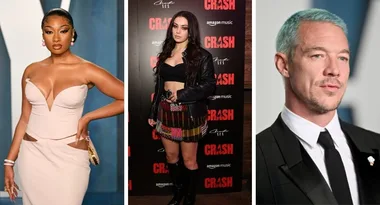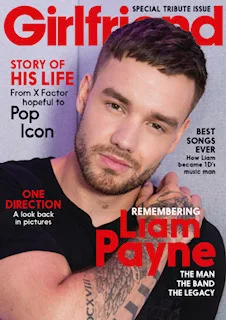There’s a lot of talk about who can and can’t get vaccinated against COVID-19 right now.
Many teenagers have been told they’ll have to wait months before they can get the jab, and that can feel nerve-wracking.
WATCH: Olivia Rodrigo reads COVID-19 vaccine tweets at the White House.
That’s especially true when the information and eligibility criteria seem to be changing so often.
So just which young people are eligible to get a COVID-19 vaccine, and which vaccine can they get?
And for those who aren’t eligible, how much longer will they have to wait?
We’ve got the answers to all your COVID-19 vaccine questions here.
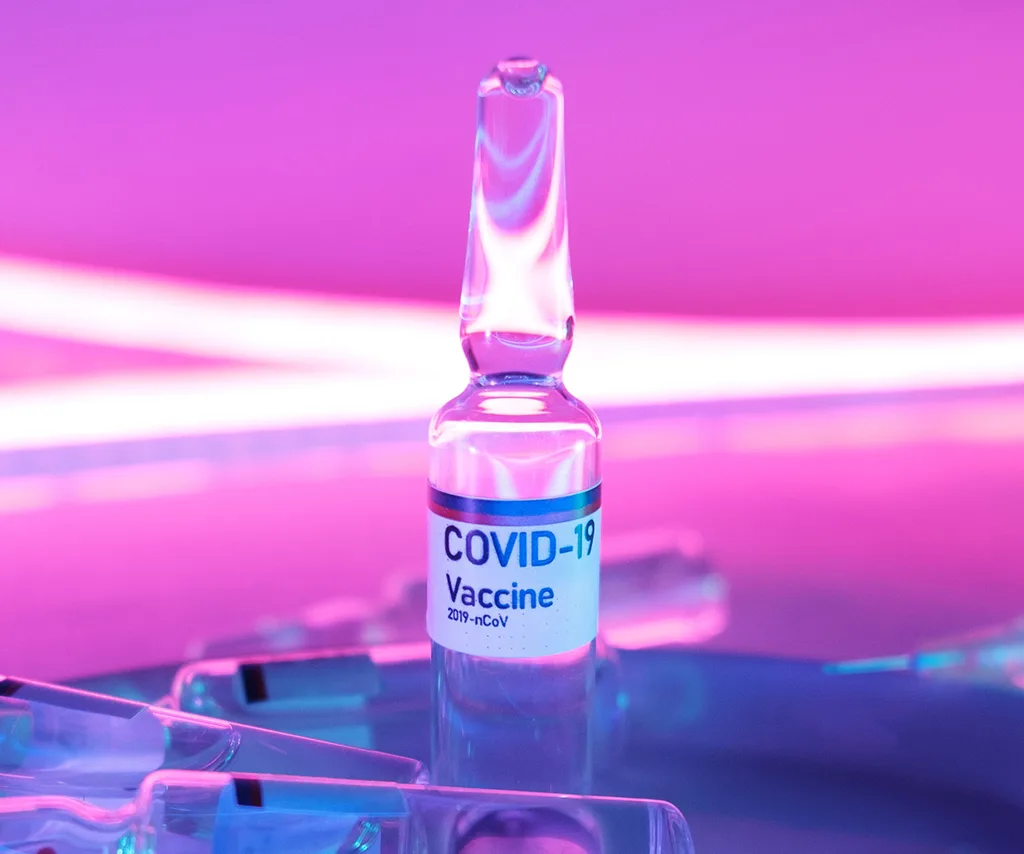
How old do teens have to be to get vaccinated against COVID-19?
At the moment, only people over the age of 16 can access COVID-19 vaccines, and even then there are limits on what vaccines they can get and when.
Teens aged between 16 and 18 are only able to access a COVID-19 vaccine if they fall into specific groups in the current national vaccine rollout.
Those aged over 18 who aren’t in those same specific groups are also able to talk to their GP about getting vaccinated if they choose.
Which COVID-19 vaccines can teens get?
Teens in certain high-risk groups are eligible to get the Pfizer vaccine, which is approved for people 16 and over.
Those groups include Aboriginal and Torres Strait Islander people, teens who have an underlying medical condition, or teens who are participants of the National Disability Insurance Scheme (NDIS).
Teens over the age of 18 who aren’t eligible for Pfizer but are interested in getting vaccinated can also talk to their GP about the AstraZeneca vaccine.
The Australian Government Department of Health told Girlfriend in a statement that “the AstraZeneca COVID-19 vaccine is provisionally approved for individuals 18 years and older.”
However, there are risks to consider if you’re a teenager looking at getting vaccinated with AstraZeneca.
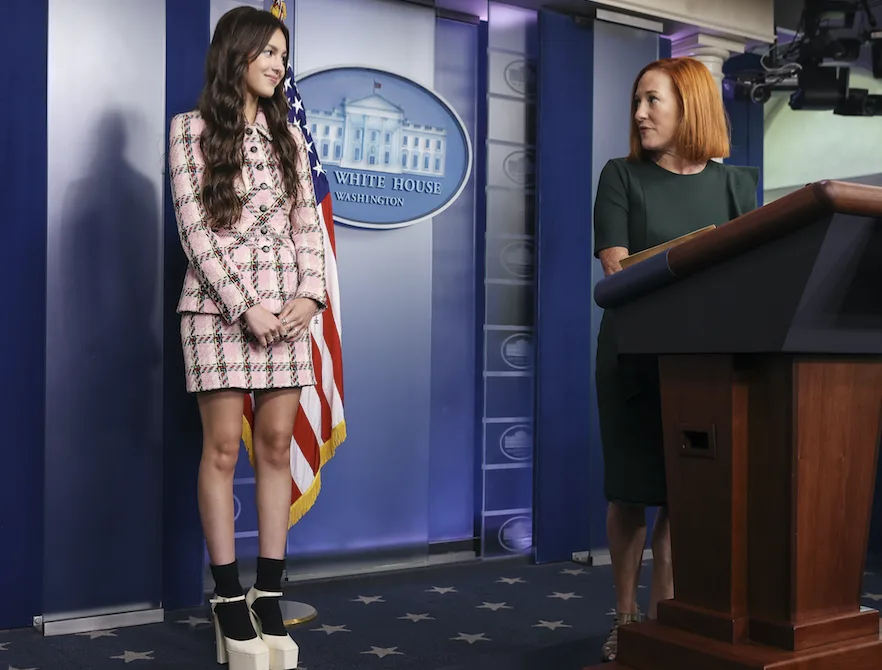
What are the risks of the AstraZeneca vaccine for teens?
The AstraZeneca vaccine does carry a risk of the rare condition thrombosis with thrombocytopenia syndrome (TTS), which includes blood clotting.
It has also been linked to other more minor risks and side-effects, like body aches, headache, joint pain and fever.
Though there is only around a 2 in 100,000 chance of a person developing TTS after the jab, young people have been identified as being at greater risk.
“There is a very rare clotting risk that can happen predominantly in young people, but it can happen in anybody under the age of 60,” General Practitioner Dr Jill Forer tells Girlfriend.
“Very, very few people get this side effect, but when they do it’s very dangerous… That is why the AstraZeneca now is not recommended for people under the age of 60 in this country.”
The Therapeutic Goods Administration (TGA) will only register a vaccine if its benefits are much greater than its risks.
At the moment, the benefit of the AstraZeneca jab providing protection against COVID-19 is greater than any of the rare risks it comes with.
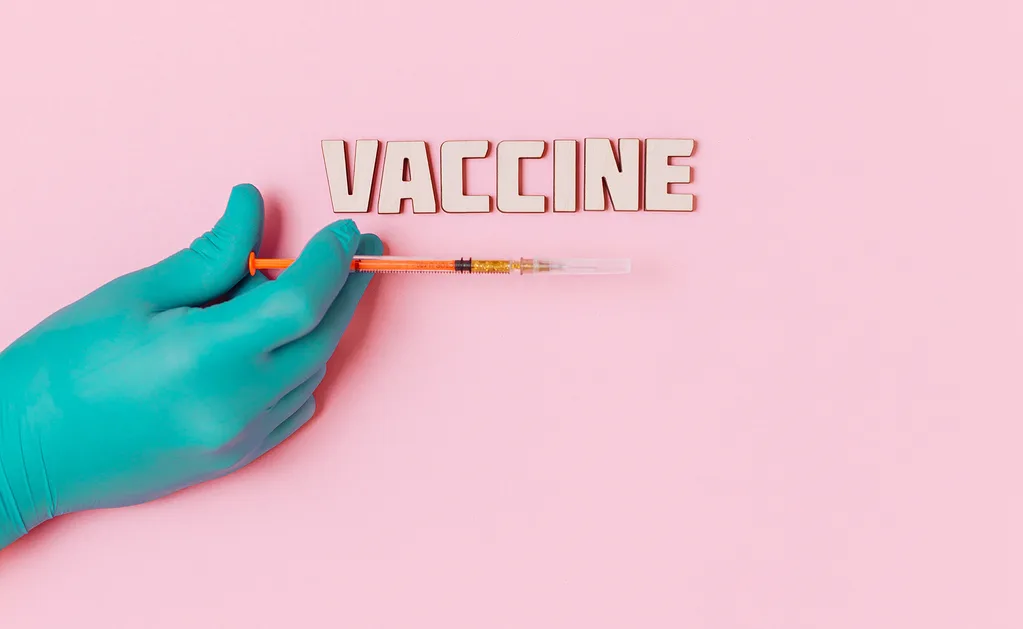
Should teens wait for the Pfizer vaccine?
“My advice to teens is not to have AstraZeneca. Pfizer is coming,” says Dr Forer. “That is my own personal advice as a GP.”
Teens under the age of 18 are currently not eligible for the AstraZeneca vaccine, but those over 18 are able to access it with informed consent.
Dr Forer urged those teens to educate themselves on the risks and benefits of the AstraZeneca jab, as well as the vaccine rollout schedule and when they may be eligible for Pfizer.
It’s also important to speak with your own doctor for personal advice before making a decision about any vaccine.
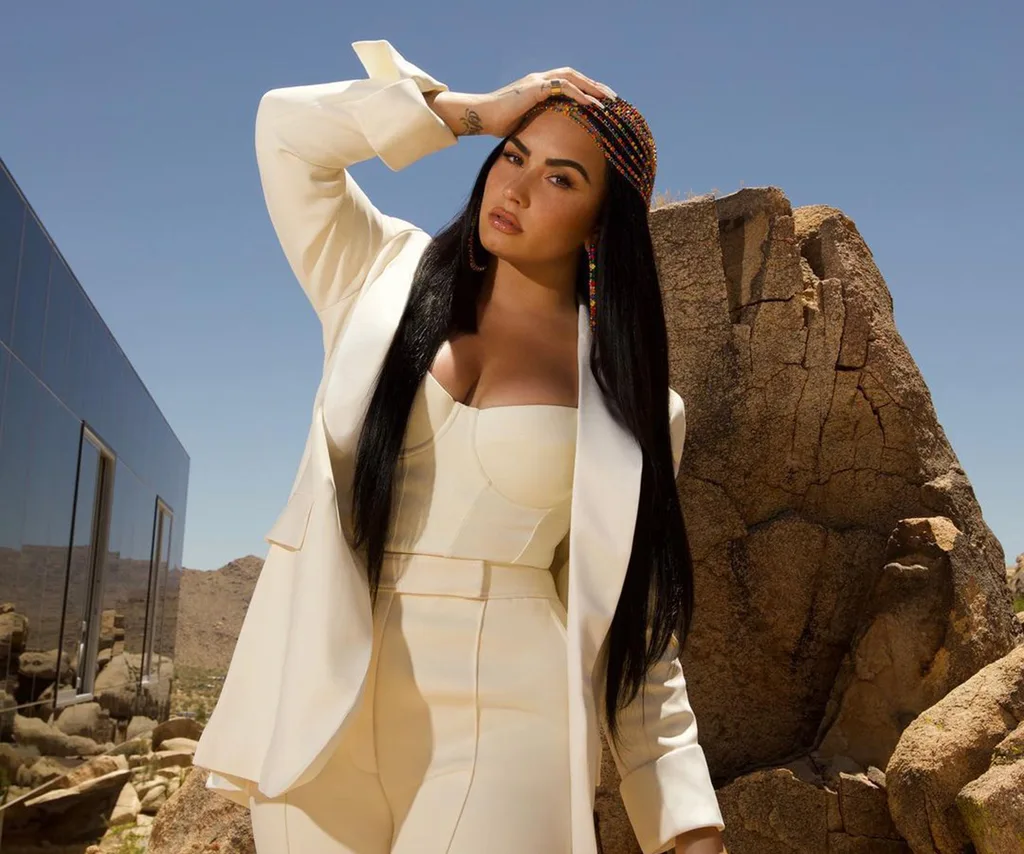
When will the Pfizer vaccine be available to all teens?
There’s no date set in stone for when Pfizer will be available to all teens in Australia, but steps are being taken to make it happen.
“Pfizer has now made an application to the TGA to vary the original provisional approval to include children between 12 and 15 years of age,” the Australian Government Department of Health told Girlfriend in a statement.
“As for previous COVID-19 vaccine applications, this assessment is being expedited through the provisional approval pathway.”
That means in the future teens aged 13 and up may be able to get the Pfizer vaccine too.
Dr Forer advises teens to keep an eye on the vaccine rollout and the Australian Government Department of Health website for more information on when they’ll be eligible for Pfizer.
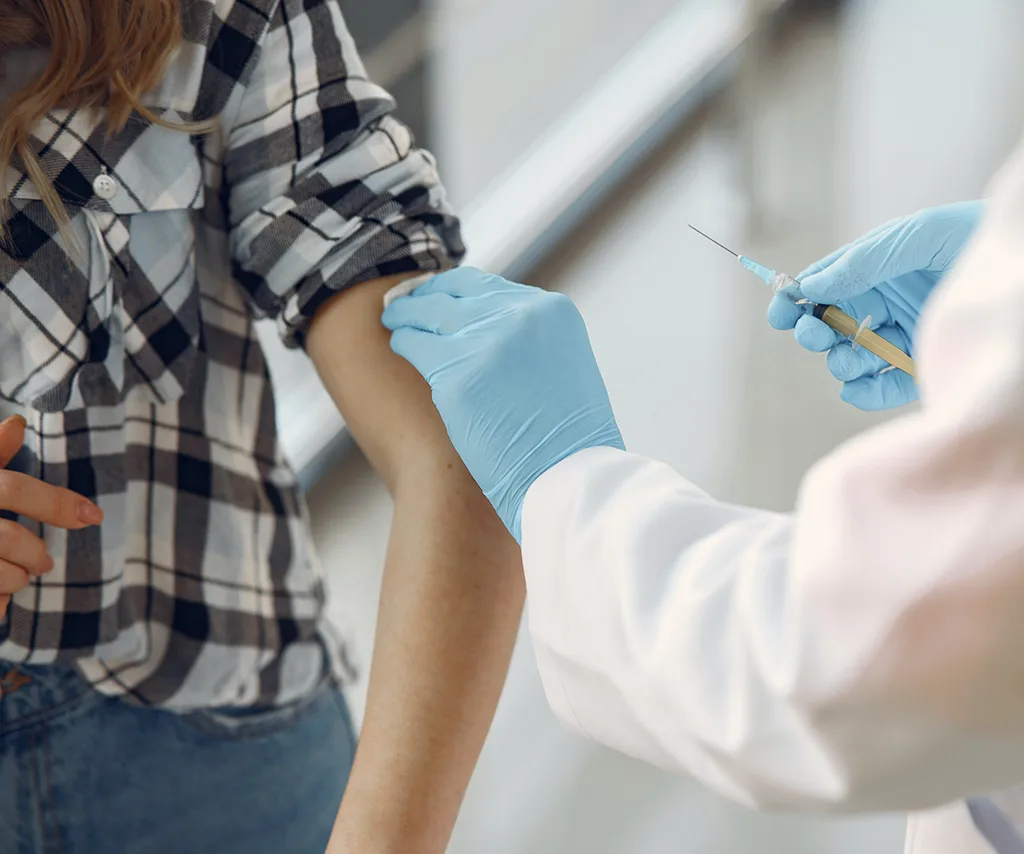
Should teens even get vaccinated?
Getting vaccinated is a personal choice, but current health advice is to seek out an appropriate COVID-19 vaccination when you’re eligible.
“It’s a calculated risk,” says Dr Forer, who says teens should educate themselves on the benefits of vaccines.
“Would you rather take a calculated risk on a vaccine with very few side effects – though there have been very few episodes of significant illness – or take the risk of getting COVID, which has an enormous risk of illness and death?”
Dr Forer reminds teens that the virus can impact anyone – no matter if you’re old or young – and it’s important to protect ourselves and others.
That means speaking with your GP about vaccines when you’re eligible, and practicing important health and safety measures until you’re fully vaccinated.
“Teens should be wearing a mask, social distancing, hand washing and of course, getting vaccinated when they can get Pfizer,” she says.
Have a question for Dolly Doctor? Drop us an email – dollydoctor@aremedia.com.au
